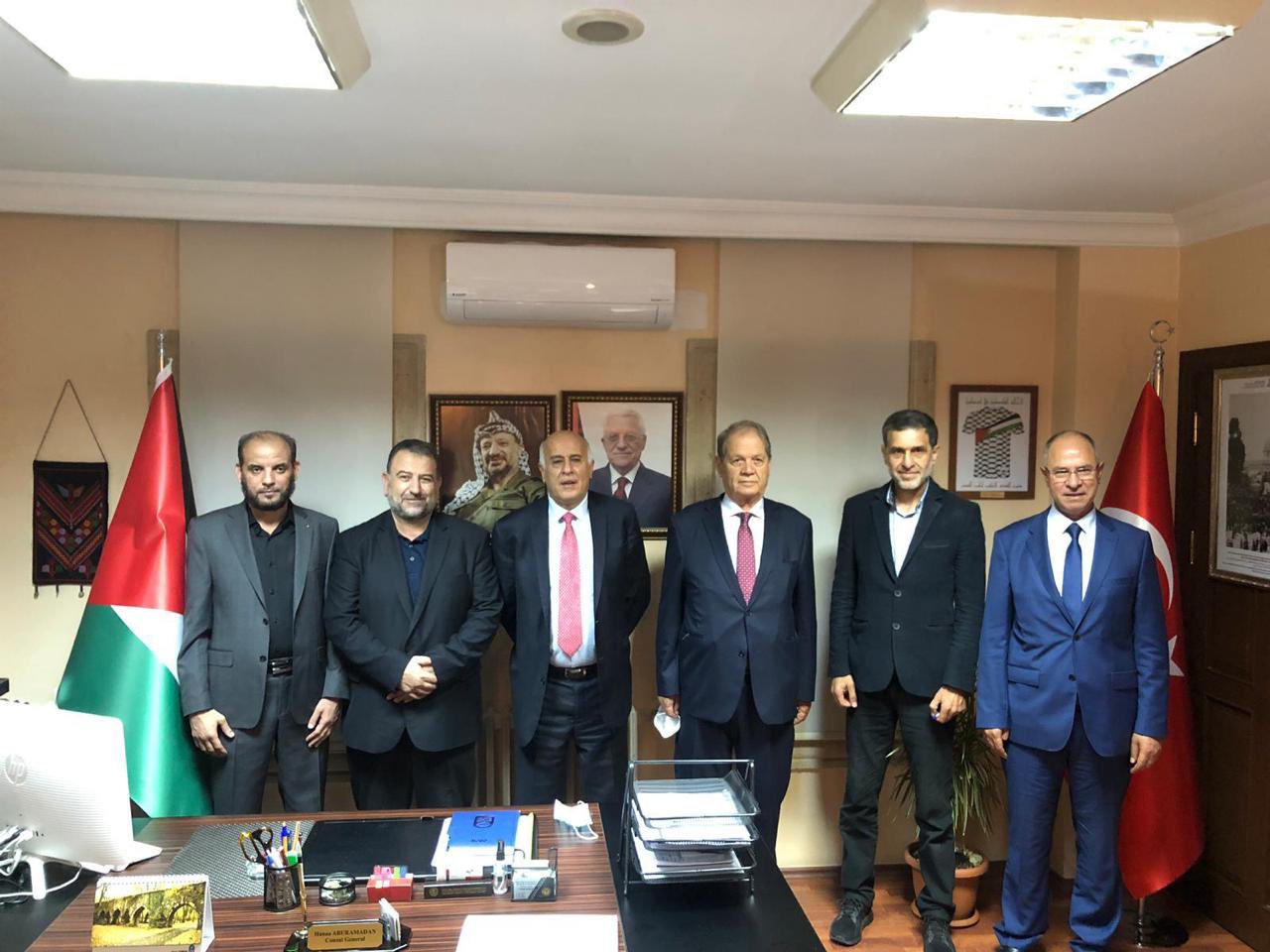After the military coup led by Egyptian Minister of Defense (current President) Abdel Fattah El-Sisi, in July 2013, against President Mohamed Morsi, the first democratically elected civilian president in modern Egyptian history, the Egyptian authorities launched a brutal crackdown. They arrested thousands of leaders, members and supporters of the Muslim Brotherhood, to which Morsi belongs.
Over the past years, Egyptian courts have handed down execution and life lengthy prison to thousands of Brotherhood members in grossly politicized mass trials that lack the slightest conditions of justice and integrity. Administrative and judicial decisions were also issued confiscating the money and property of hundreds of the Muslim Brotherhood, which left their families in harsh financial conditions. The prisoners of this organization suffered in the notorious bad Egyptian prisons, as they were subjected to torture and maltreatment. Many have been in solitary confinement for years. They are deprived of fundamental rights, such as praying in groups, exercising, receiving family visits, and meeting their lawyers.
Anas El-Beltagy is one of the examples of what happens to the Brotherhood members in Egyptian prisons. In late December 2013, the security services arrested Anas for nothing other than that he is the son of Dr Mohamed El-Beltagy, a well-known leader of the organization. He was then only 20 years old and is now close to 30, as he spent nine years in pre-trial detention. Despite obtaining four acquittals, the Egyptian authorities didn’t release him yet and kept referring him from one case to another to keep him imprisoned indefinitely. Anas has been in solitary confinement for nine years and has been denied visits since 2017. He is also deprived of exercise and health care and prevented from completing his education and obtaining his university degree.
Anas’s case is not individual. Instead, thousands of organizations and Islamist prisoners live in the same conditions. Still, their issues and sufferings are absent from human rights and media speech due to the Egyptian regime blackmailing those who try to defend them by stigmatizing them as “terrorists defending terrorists” because the Muslim Brotherhood is classified locally as a terrorist group.
Since 2016, the regime has activated the work of the “Presidential Amnesty Committee” from time to time, which facilitates the release of political detainees, but every time approaching the file of the Muslim Brotherhood’s prisoners is considered a red line. Human rights organizations are reluctant to open the file or to submit the names of the Muslim Brotherhood members on the lists it offers for release, fearing that the regime will exploit this to attack and accuse them of belonging to the organization, as the government is still using the latter as a scarecrow to intimidate the people.
The United Nations Climate Conference (COP 27), hosted in Sharm El-Sheikh from 6 to 18 November, talked a lot and insisted on human rights violations in Egypt. Featured names of prominent detainees strongly featured the names of prominent detainees in major international newspapers before and during the conference, including political activist Alaa Abdel-Fattah, businessman Safwan Thabet, and his son Seif. Still, no one mentioned the detained Muslim Brotherhood leaders and their members. Regarding their case, they are generally mentioned among the detainees without highlighting their extreme suffering.




Recent Comments